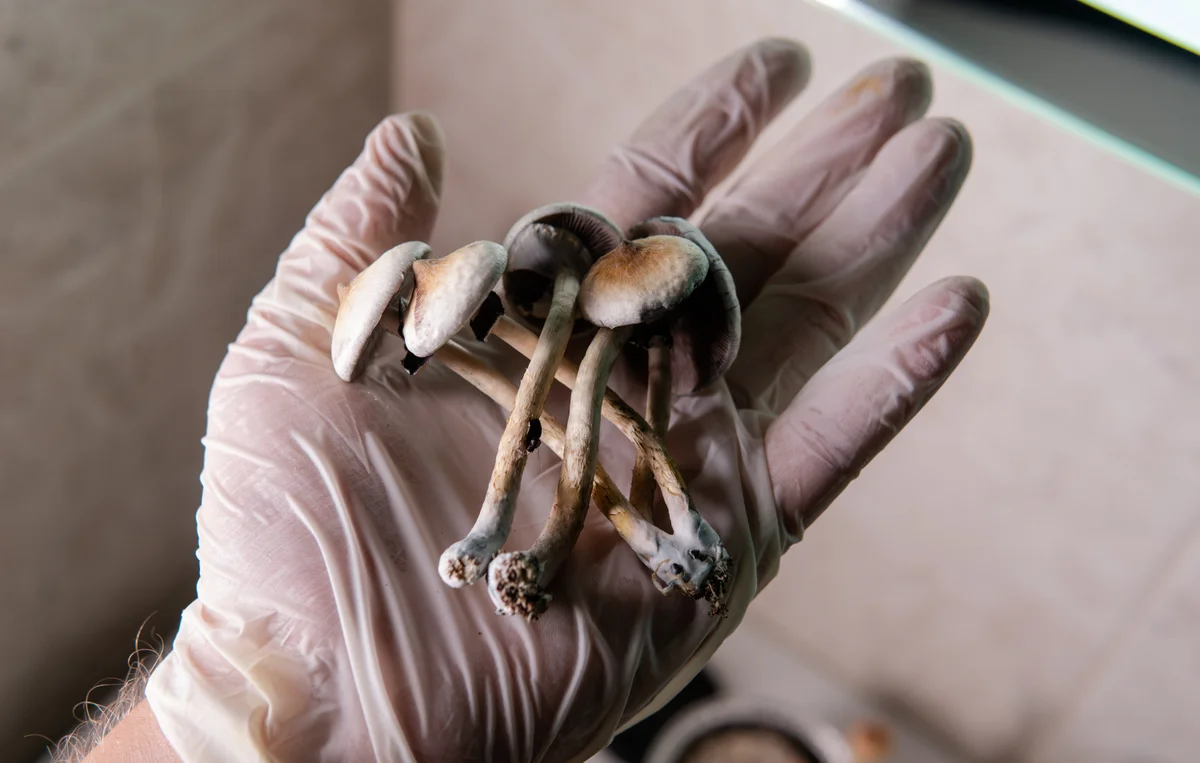Curious about the future of psychedelic medicine? Role of magic mushroom gummies
Recent scientific findings have reignited curiosity in investigating the therapeutic potential of psychedelics, a realm that has long been hindered by societal stigma and legal obstacles. Psilocybin, specifically, has surfaced as a promising candidate for mitigating symptoms associated with depression, anxiety, and addiction. One of psilocybin’s advantages lies in its capacity to enhance neuroplasticity the brain’s ability to reorganize and establish new neural connections. This heightened neuroplasticity, coupled with the profound introspective experiences induced by psilocybin, has been associated with beneficial psychological transformations and enhanced overall well-being.
Rise of magic mushroom gummies
Magic mushrooms have been traditionally consumed in various forms like dried mushrooms or tea for centuries. The emergence of magic mushroom gummies has brought about a more palatable and discreet method of ingesting psilocybin. These gummies are typically infused with accurately measured doses of psilocybin, providing a controlled and consistent experience. This innovation helps minimize the variability and potential for adverse effects often associated with the consumption of raw mushrooms.
For many individuals, the idea of consuming dried mushrooms or drinking a bitter tea is off-putting, and the stigma surrounding psychedelics makes obtaining and consuming them feel daunting. Magic mushroom gummies, however, offer a familiar and discreet form factor, making them more approachable and less intimidating for those seeking alternative treatment options. Additionally, the ability to accurately measure and control the dosage in gummies allows for a more tailored and personalized experience, catering to individual needs and sensitivities. This level of precision is crucial in therapeutic settings, where dosage and purity are of utmost importance for achieving desired outcomes and minimizing potential risks.
Regulatory landscape and the path forward
Despite the growing body of evidence supporting the therapeutic use of psilocybin, its legal status remains a significant barrier to widespread adoption and accessibility. In most countries, psilocybin is classified as a Schedule I controlled substance, making it illegal for medical or recreational use. However, the tide may be turning as more jurisdictions begin to recognize the potential benefits of psychedelic medicine.
Additionally, organizations such as the Multidisciplinary Association for Psychedelic Studies (MAPS) and the Institute are actively working to facilitate clinical trials and navigate the regulatory process, with the ultimate goal of gaining FDA approval for psilocybin-assisted therapy. As the legal and regulatory landscape continues to evolve, the medical community, policymakers, and the public must engage in open and informed discussions about the potential risks and benefits of psychedelic medicine. Ensuring proper safeguards, ethical guidelines, and responsible implementation will be paramount in realizing the full therapeutic potential of these substances.
Future of psychedelic medicine
The future of psychedelic medicine holds immense promise, and magic mushroom gummies may play a pivotal role in ushering in a new era of mental health treatment. By offering a discreet, consistent, and user-friendly delivery method, these gummies have the potential to make psilocybin therapy more accessible and approachable for individuals seeking alternative treatment options. As research continues to unravel the therapeutic potential of psilocybin and other psychedelics, we must approach this emerging field with an open mind, scientific rigor, and a commitment to responsible and ethical practices. By doing so, we may unlock new avenues for treating mental health conditions, alleviating suffering, and promoting overall well-being.





